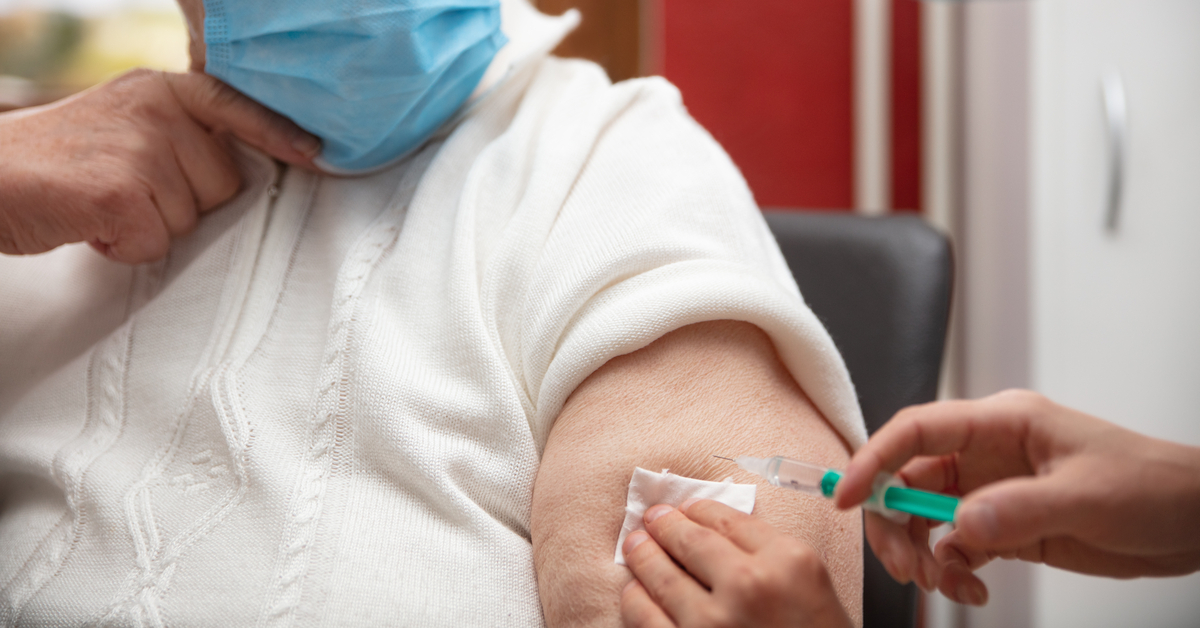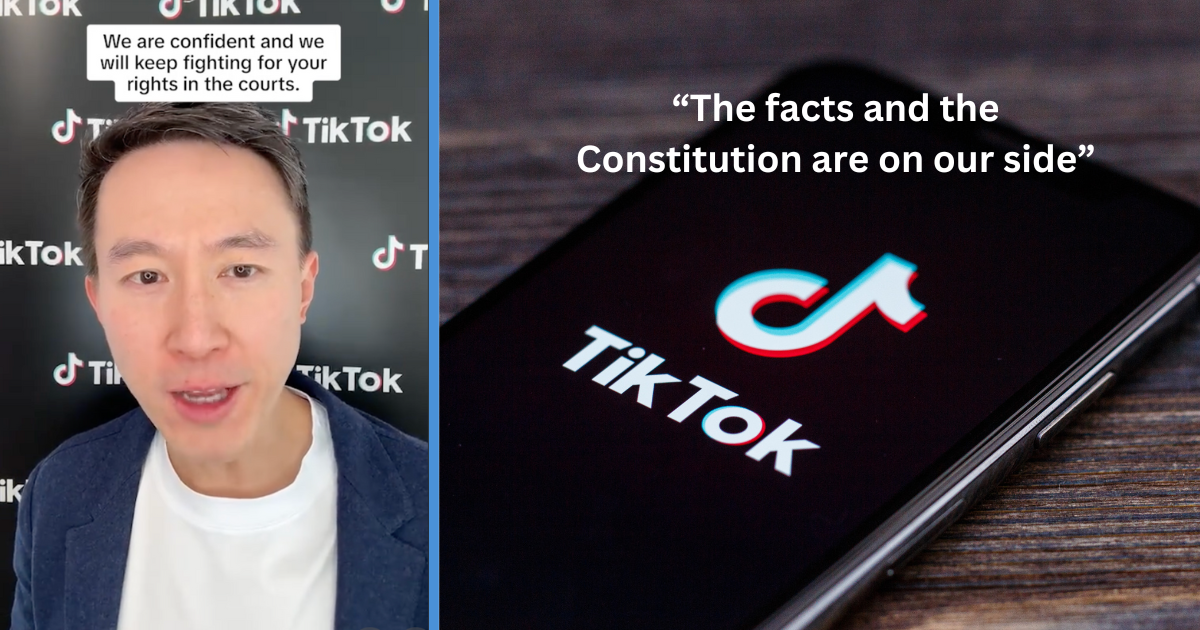As with everything, low risk does not mean no risk. The same rules apply to vaccines.
However, refusing the vaccine is like refusing to wear a raincoat when it’s pouring outside then complaining when you get wet. Plus, the chances of adverse effects are extremely low anyway, so please don’t fall for those dumb WhatsApp messages.
In fact, it’s so low that these “suspected serious adverse events” made up 0.004% of the almost 3.7 million doses of Pfizer-BioNTech and Moderna jabs administered till 23 May 2021.
That’s less than the chances of dying in a car crash in Singapore.
Out of 3.7 Million COVID-19 Vaccine Doses Given in S’pore, There Are 157 Suspected Serious Adverse Events
Currently, there have been 157 reported cases of suspected reactions to the COVID-19 vaccine severe enough to be life-threatening or result in hospitalisation, among other reasons, according to The Straits Times.
Thankfully, there have been no deaths linked to the effects of the vaccines.
These 157 cases are part of 4,704 “suspected adverse event reports”, which make up 0.13% of administered doses, the Health Sciences Authority (HSA) said. The data is consistent with the percentages that had been reported by the authority on 6 May.
It also noted that the reactions are suspected to be associated with the vaccinations, but may not have been caused by them.
An adverse event for vaccination is any undesirable medical condition that occurs after taking the vaccine, which does not necessarily have a direct link to the treatment. They may be coincidental or related to an undiagnosed disease and have to be reported by healthcare providers to HSA.
Serious Reactions
As reported by TODAYonline, the most frequently reported adverse events were anaphylaxis and other severe allergic reactions.
The former had seen 26 cases, with all patients recovering after receiving medical treatment.
In Singapore, the rate of anaphylaxis reported with the Pfizer-BioNTech and Moderna vaccines is 0.85 cases per 100,000 doses of the vaccine, which is consistent with the worldwide incidence rates.
Apart from anaphylaxis, there were 23 reports of severe allergic reactions.
“Other serious adverse events include breathing difficulty, fast heart rate, an increase or decrease in blood pressure, chest discomfort and pain, syncope (fainting), limb numbness, weakness or pain, changes in vision, increase in liver enzymes, joint pain, seizures (fits), tinnitus (ringing in the ears) and infections,” said HSA.
Most individuals who experienced such reactions have recovered or are recovering. The authority reassured that they are closely monitoring the situation.
In addition, HSA is monitoring the incidence of Bell’s palsy, another adverse event historically reported with vaccines.
There were 45 reported cases of Bell’s palsy, which causes temporary weakness or paralysis of facial muscles. Most cases were not serious and individuals could recover from it without even receiving treatment.
The incidence rate for this reaction in Singapore is estimated to be 3.35 per 100,000 persons per month.
Younger Individuals Experienced More Adverse Effects
HSA also highlighted that 68% of adverse events were reported among people who were below 60 years old, adding that the clinical trials of the two mRNA-based vaccines also saw younger individuals experiencing more adverse effects.
The authority explained that it was due to younger people having more active immune responses as the body’s natural response to build immunity against the virus, thus triggering the adverse effects.
It added that 64% of such reactions were reported in females.
Experts have also advised that vaccinated people, especially adolescents and younger men, should avoid strenuous physical activity for one week after their second dose.
Six people, including four men under the age of 30, had suffered from heart inflammation after receiving COVID-19 vaccines.
“It is important to note that heart attacks and strokes can occur naturally within our population, regardless of whether people are vaccinated or not.
“Due to the large numbers of people being vaccinated, it is expected that, by chance, some individuals may experience other medical events such as heart attacks and strokes in the days or weeks after vaccination, which may not be related to the vaccination,” noted HSA.
The authority emphasised that the benefits of the Pfizer-BioNTech and Moderna vaccines continue to outweigh the known risks of Covid-19 disease and its severe complications in a pandemic.
“HSA and the Ministry of Health will continue to monitor the safety profile of the Covid-19 vaccines closely and update members of the public of any significant safety concerns detected with the vaccines.”
Featured Image: Miriam Doerr Martin Frommherz / Shutterstock.com





